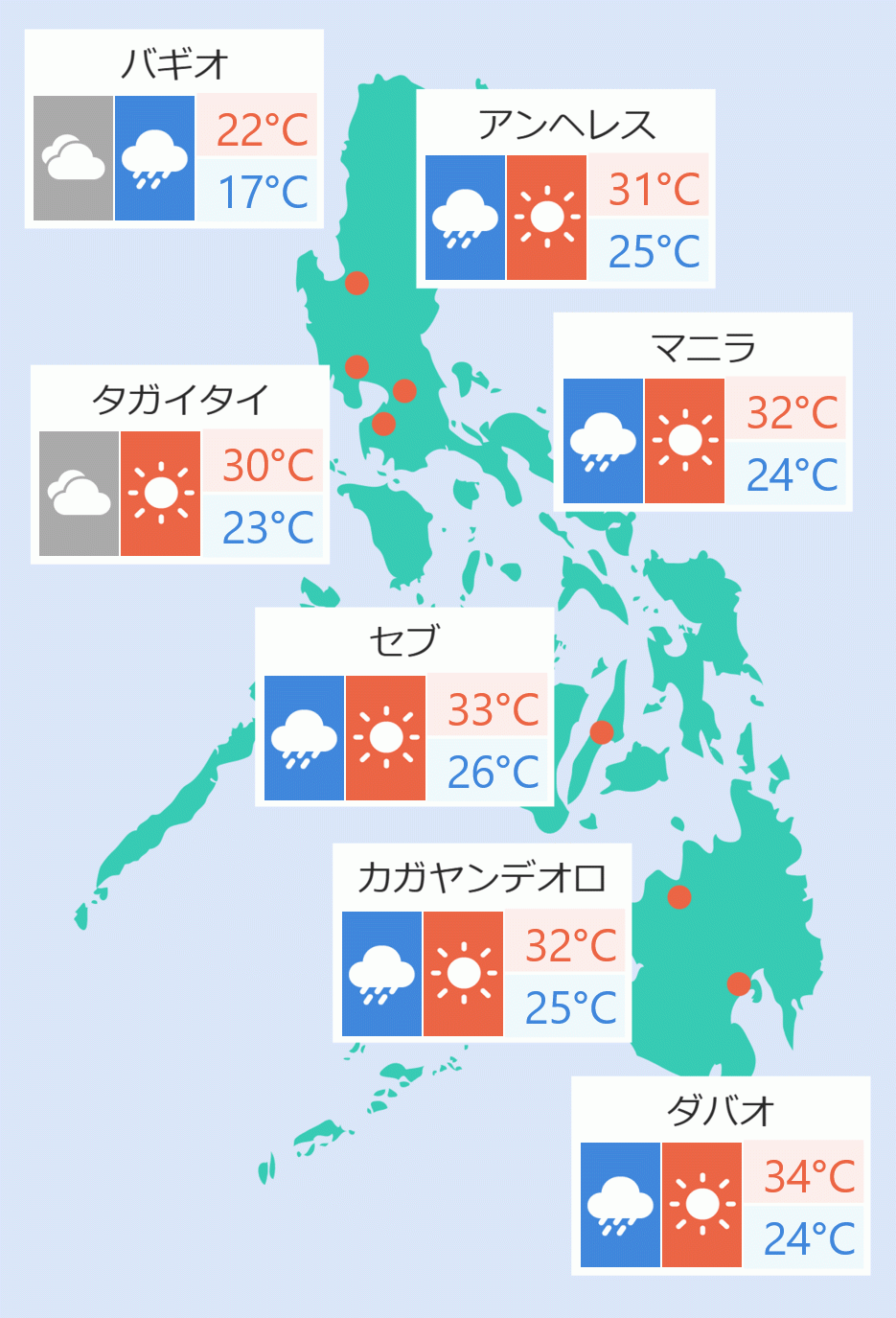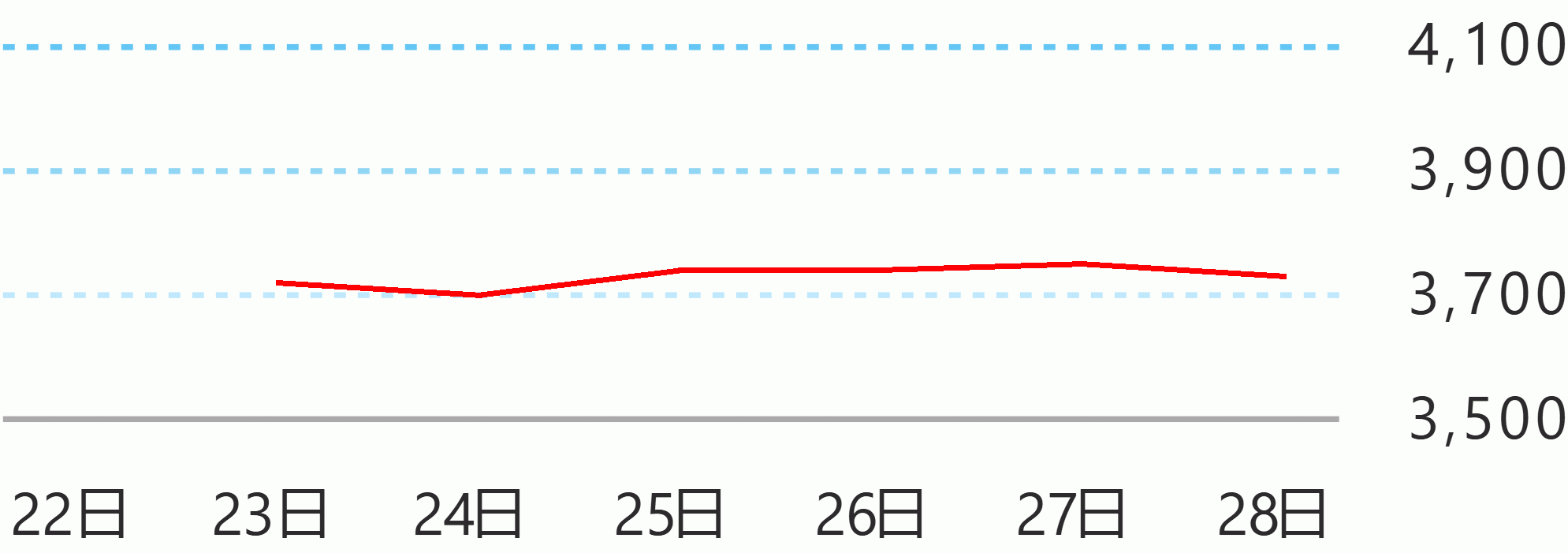The number of personalities killed during the anti-illegal drug operations since the start of the Duterte administration was slashed by over a thousand amid the continuous criticisms against the Duterte administration's war on drugs.
During the #RealNumbersPh presentation in Malacanang, Presidential Communications Operations Office (PCOO) Assistant Secretary Marie Rafael said out of the more than 6,000 deaths initially reported by the Philippine National Police, 1,194 did not happen during the anti-illegal drugs operations.
“We would like to clarify that the one announced by the PNP before, the 6,700 plus (deaths)… during the harmonization workshop between PNP, Philippine Drug Enforcement Agency (PDEA) and other law enforcement agencies, we found out that 1,194 out of those are police operations and not anti-illegal drug ops per se,” Rafael said.
The assistant secretary explained that it just happened that during police operations like checkpoints or encounters, police were able to find illegal drugs from the recorded more than 1,000 people who were killed.
Based on the government’s data, from July 1, 2016 to November 30, 2019, a total of 5,552 alleged drug personalities died during the anti-illegal drug operations.
According to PDEA, together with PNP and other law enforcement agencies, they already conducted 151,601 anti-narcotics operations since the start of the Duterte administration, with 220,728 arrested individuals.
Of those arrested, 726 were government workers; 347 government employees; 297 elected officials; and 82 uniformed personnel.
Around 8,185 high-value targets (HVT) were also arrested, including 222 foreign nationals, 297 elected officials, 82 uniformed personnel, 347 government employees, 2,290 target-listed, 725 drug group leaders and members, 57 armed group members, 813 drug den maintainers, 191 wanted list, 10 celebrity/prominent personality, and 3,151 from high impact operations.
For the past three years, law enforcement agencies were able to seize a total of P40.39-billion worth of illegal drugs, of which P31.25 billion were shabu.
They were also able to dismantle 433 dens and clandestine laboratories and rescued 2,799 minors who got involved in illegal drugs.
A total of 485,295 surrenderers have benefitted from the government’s reformation programs.
The government’s report came a week after the International Criminal Court (ICC)- Office of the Prosecutor released its preliminary report on the administration’s campaign against illegal drugs.
Rafael said the international court can access the government’s data through their websites when asked if the government is willing to provide data to the ICC once the preliminary examination is finished by 2020.
“The ICC is in its preliminary stage and I think up to 2020 they would still finalize the examination before they can ask permission from pre-trial chamber if they can be authorized to conduct investigation. We can provide data that we have because they can access our website,” she said.
“In their preliminary examination report, they even said there they been getting data from government agencies, NGO (non-governmental organization) and stakeholders who always send them report from the Philippines. So I don’t think there is any problem with that because they can access through our website,” she added. Ella Dionisio/DMS





 English
English









